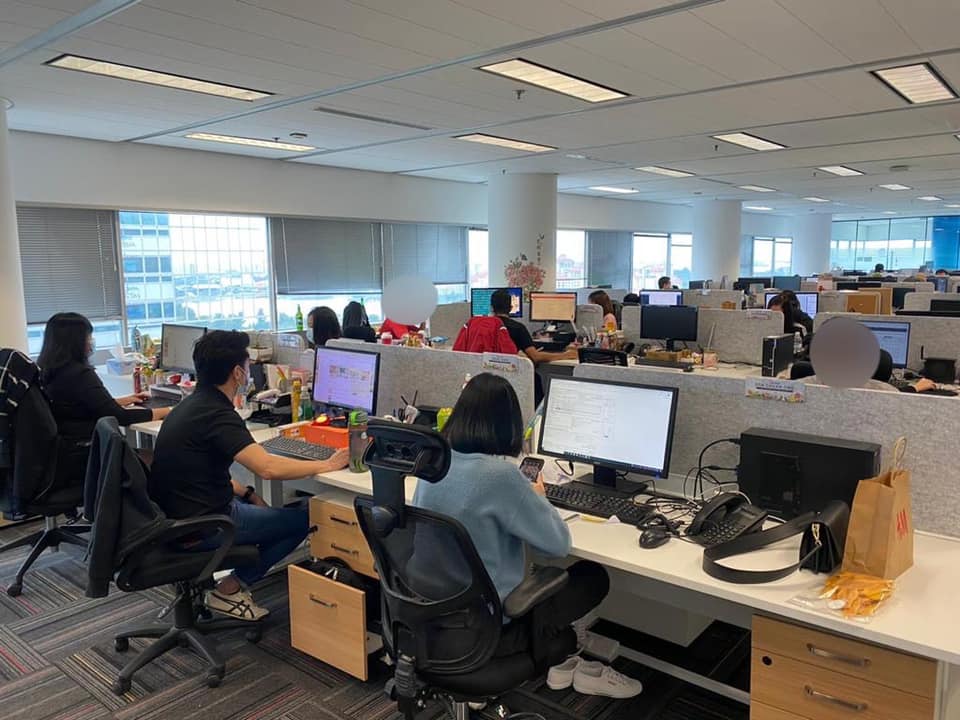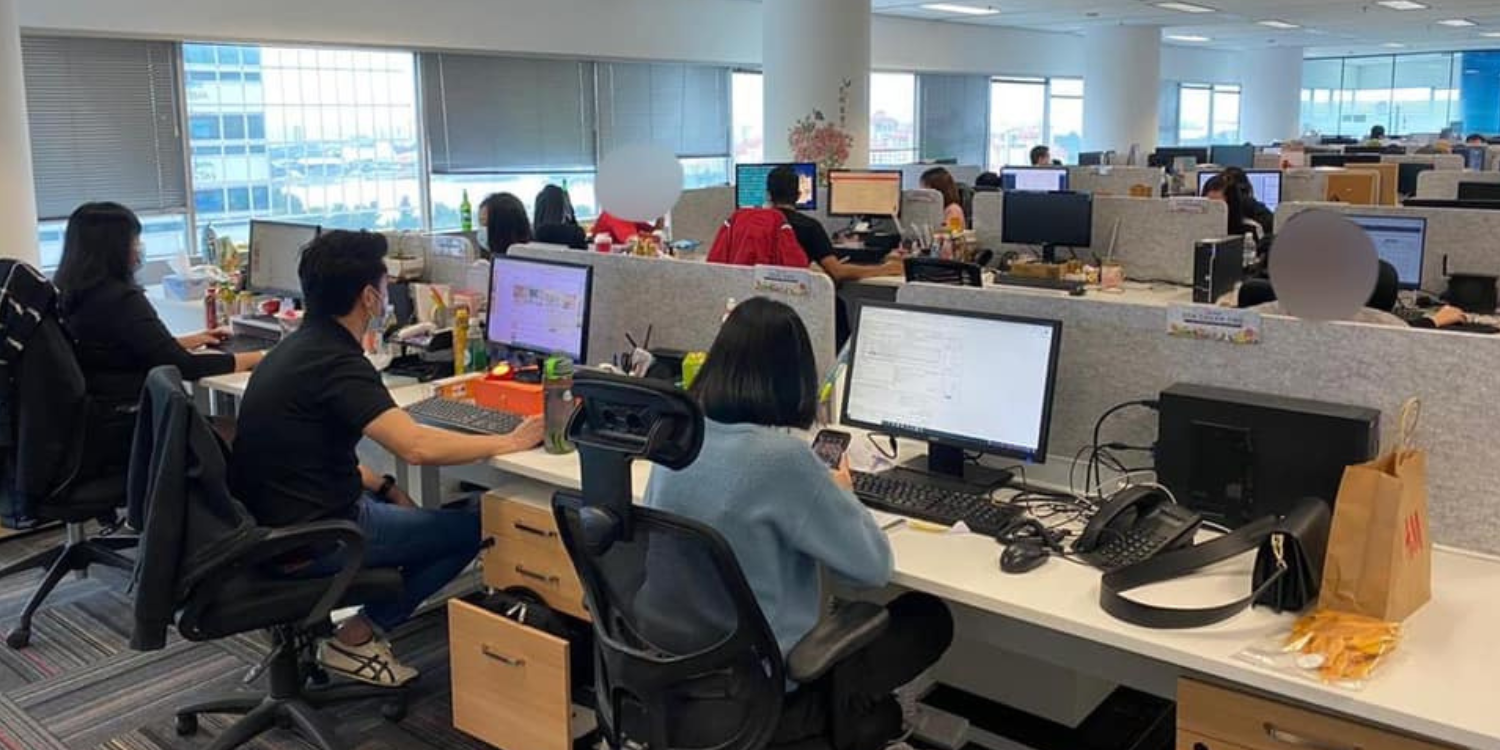Almost half of Singapore employees surveyed would quit if made to work in office more
Almost 50% of Singapore employees would consider resigning if required to work more frequently in the office, a survey by recruitment agency Randstad revealed on Monday (22 April).

Source: Singapore Ministry of Manpower on Facebook, for illustration purposes only
A total of 517 Singapore-based employees and job seekers in Malaysia participated in the survey.
Gen Z employees strongly feel that hybrid work options are necessary
The survey revealed that 49% of respondents would consider quitting if their employers mandated more frequent office attendance.
A rising trend was observed as the age demographic shifted younger:
- 45% of Baby Boomers
- 44% of Gen Xers
- 47% of Millennials
- 69% of Gen Zers
Furthermore, 46% of those surveyed emphasized that the ability to work from home is non-negotiable for them.

Source: PoungsaedCreater on Canva
Gen Z employees reiterated this sentiment most strongly, with 63% expressing its importance.
The report highlighted that the Covid-19 pandemic might have normalised remote work for younger workers, leading them to be less enthusiastic about traditional office roles.
Last week, it was announced that local employers must implement a process for workers to request flexible work arrangements from 1 December.
These arrangements encompass flexi-place, flexi-time, and flexi-load options
Flexi-place enables employees to work from remote locations, including their homes.
Singapore employees are prioritising work-life balance over pay
Additionally, local employees were found to prioritise work-life balance over receiving a high salary.
59% of respondents indicated they would not accept a job if it adversely impacted their work-life balance.
This figure was slightly higher than the 58% of respondents who said they would not take on the job if it did not offer significantly higher pay.
When it came to the topic of current and future jobs, 95% felt that work-life balance was crucial.
On the other hand, 90% believed that pay was more important.
Dubbing it as a “surprising trend”, Randstad’s report stated that these figures arise despite higher living costs and inflation.
Have news you must share? Get in touch with us via email at news@mustsharenews.com.
Featured image adapted from Singapore Ministry of Manpower on Facebook.








